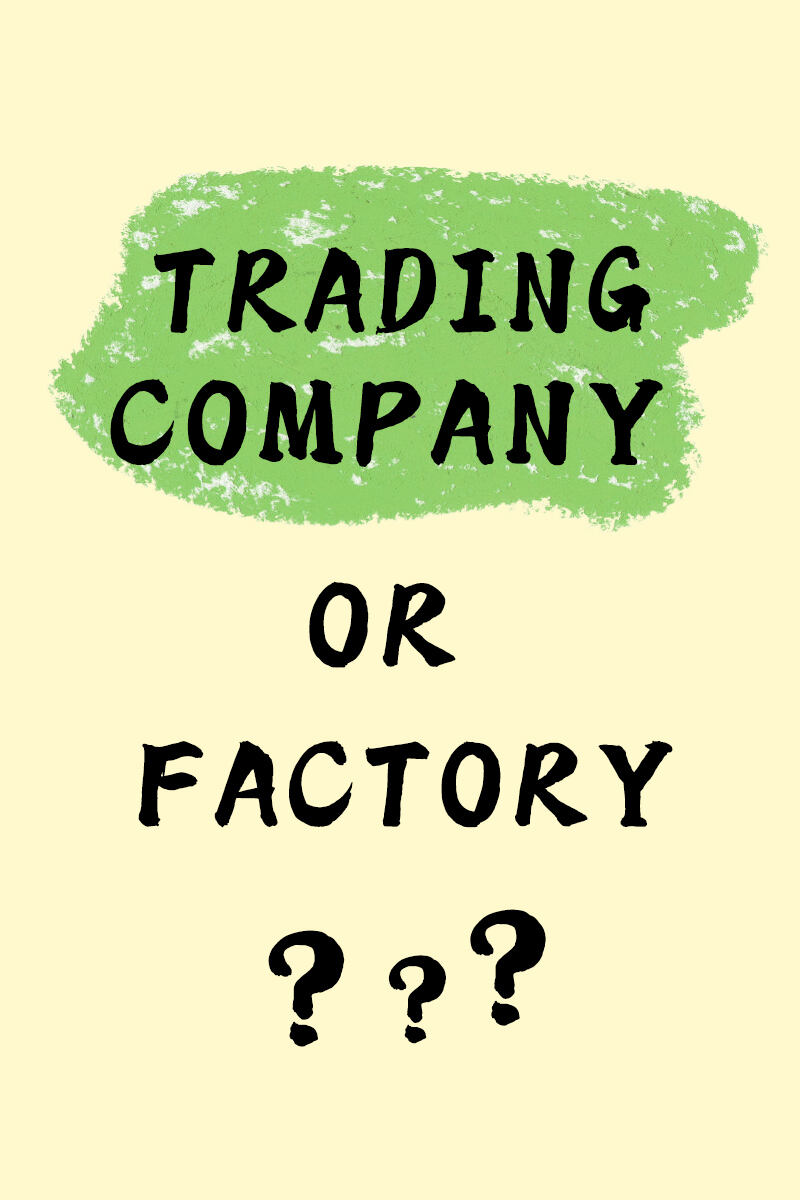In the kitchenware industry, foreign clients often benefit more from partnering with trading companies rather than working directly with factories. Here are the key advantages:
1. Multi-Category Integration & One-Stop Procurement
Trading companies consolidate kitchenware products (e.g., stainless steel, ceramic, glassware) from multiple factories, meeting clients’ diverse and customized purchasing needs. For instance, a client may require pots, utensils, and kitchen appliances simultaneously, but individual factories often specialize in limited categories. Trading companies streamline supply chains to offer one-stop solutions, saving clients time and costs in coordinating multiple suppliers.
2. Professional Services & Risk Mitigation
Expert Negotiation & Communication
Trading companies are well-versed in international trade rules, bridging language barriers, cultural gaps, and contract complexities. Factories may struggle with intricate customization demands, while trading companies translate client requirements into actionable plans for factories.
Avoiding Trade Barriers
Kitchenware exports frequently face trade barriers like anti-dumping duties (e.g., EU/US tariffs on Chinese kitchenware). Trading companies leverage strategies such as transshipment via Vietnam or Malaysia to bypass high tariffs, ensuring product competitiveness.
3. Flexibility & Market Responsiveness
Trading companies are not constrained by a single factory’s production cycles. They swiftly allocate resources across factories to adapt to client needs. For example, they can coordinate small-batch custom orders by collaborating with multiple small-to-medium factories, whereas factories may lack capacity during peak seasons.
4. Quality Control & After-Sales Support
Trading companies typically implement rigorous quality inspection systems and after-sales services. For instance, they arrange third-party or staff testing to verify material safety and compliance with international standards. If defects arise, they facilitate returns/exchanges, minimizing client risks.
5. Cost Efficiency & Long-Term Partnership Potential
Reducing Hidden Costs
Centralized procurement and optimized logistics lower per-unit shipping and customs costs. Clients also save resources on factory audits and communication.
Long-Term Collaboration Value
Trading companies prioritize client relationships, offering value-added services like market trend analysis and competitor insights to refine procurement strategies and strengthen partnerships.


